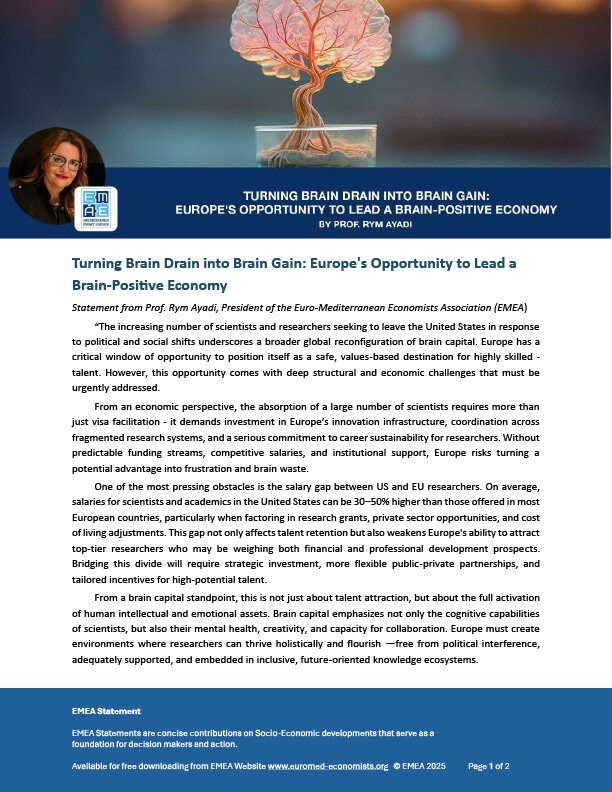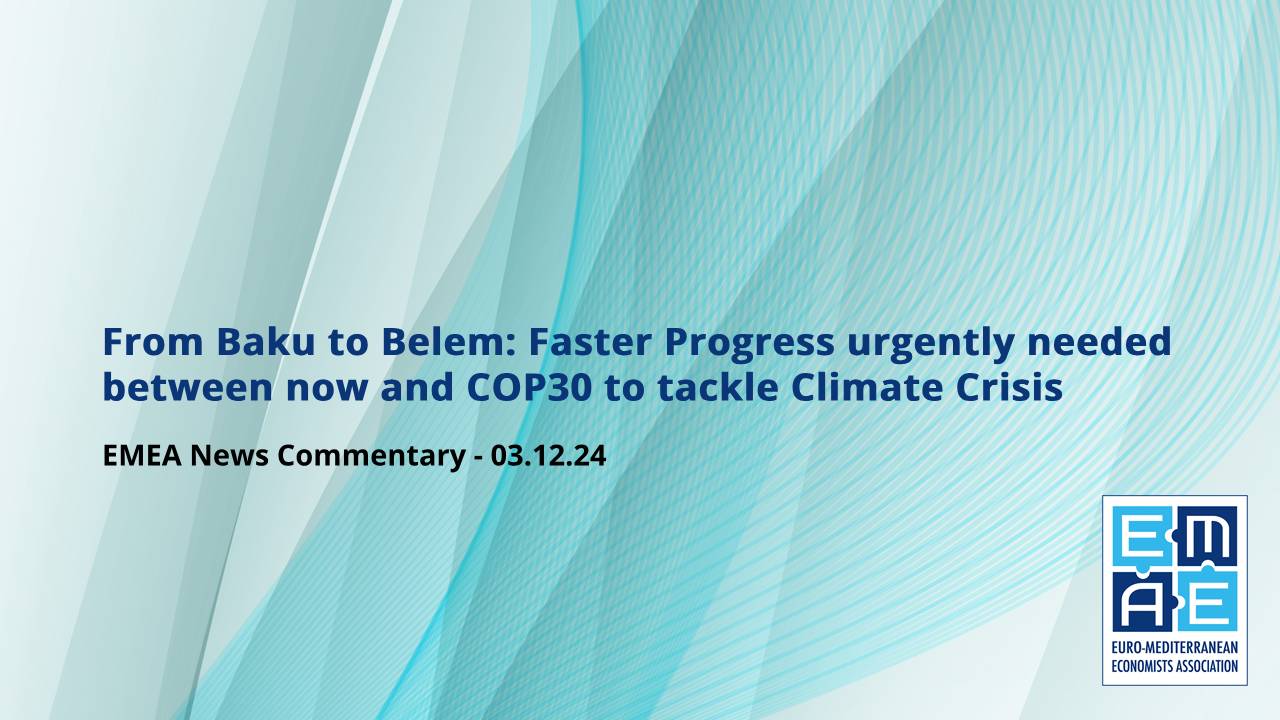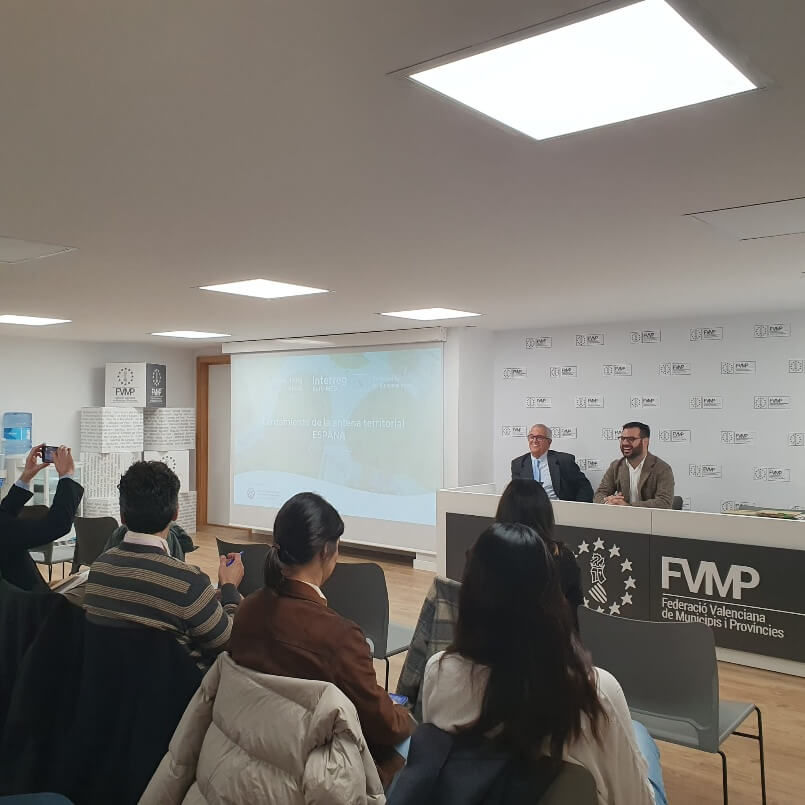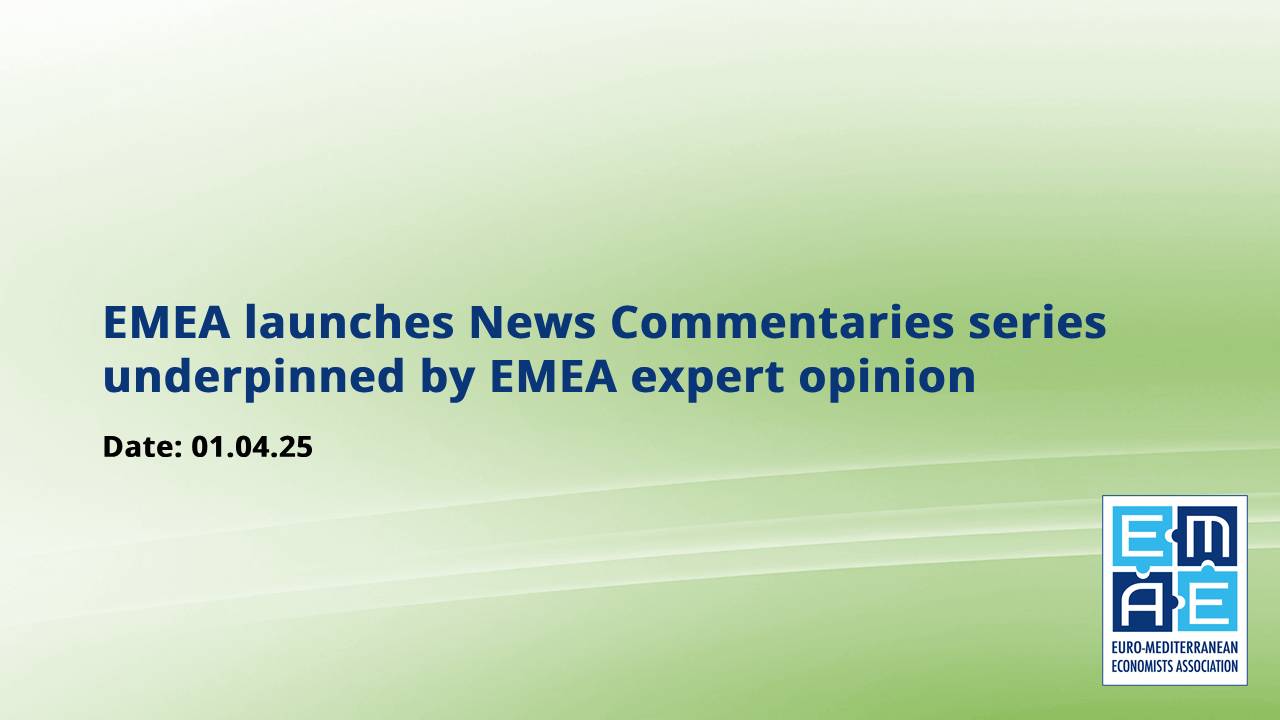Reaction has been swift and highly critical of the last-minute finance agreement at COP29 to set aside $300 billion a year by 2035 to help poorer nations fight climate change.
Alden Meyer, Senior Associate at the leading climate change think tank E3G, said it was widely recognised that the latest deal had merely been “a down payment” and that much more money would be needed to tackle decarbonisation of developing country economies and the devastating impacts of human-induced climate change.
Writing on LinkedIn, he said that largely due to an all-out blocking attempt by Saudi Arabia, there had been very little progress made on implementing COP28’s landmark agreement to scale up clean energy and accelerate the transition away from fossil fuels.
“Brazil must now use next year’s COP to flesh out the Baku to Belem roadmap aimed at mobilising $1.3 trillion a year by 2035.”
E3G’s Senior Policy Advisor, Laura Sabogal, believed the adoption of the New Collective Quantified Goal (NCQG) marked a critical yet imperfect first step forward. “At the same time, its glaring shortcomings cannot be ignored, with many arguing it reflects a troubling lack of urgency and ambition in addressing the deep inequities at the heart of global climate finance,” she observed
Failure to rebalance adaptation and mitigation financing
Writing on X, Ambassador Ali Mohamed, Kenya’s Special Envoy for Climate Change and Chair of the Africa Group of Negotiators at the COP29, said the decisions taken at Baku “had failed to rebalance adaptation and mitigation financing.” Despite Africa demanding clear targets for mitigation, adaptation and loss & damage management, none had been forthcoming.
“While the New Collective Quantified Goal appears in writing, its delivery is left to the uncertain goodwill of public and private actors,” he noted. “No guarantees exist that climate finance will come as grants, not debt-loading loans for vulnerable nations.
“Substantial finance flows must reach those on the frontlines – families forced to flee rising seas, farmers facing failed crops, and communities recovering from cyclones,” he warned.
$1.3 trillion: an investment not a hand-out
The former Irish President, Mary Robinson, called out COP29’s shortcomings and said the latest summit had been “one of the most difficult COPs I can remember” that had come “very close to failure.” Even so, progress had been made, albeit not fast enough, in her view.
She said the $300 billion per year committed by 2035 by rich countries at COP29 had fallen $90 billion short of the amount needed to implement the Paris Agreement. “This is nowhere near enough to support the developing countries that have not caused the climate crisis yet are experiencing its worst impacts,” she wrote on LinkedIn, adding that the $1.3 trillion needed was “an investment, not a hand-out.”
Reaching the $1.3 trillion per year goal would require new sources of finance from global solidarity levies, more ambition from multilateral development banks and increased efforts to mobilise private investment, the former UN High Commissioner for Human Rights and member of The Elders commented.
Robinson said COP29 had been weak on transitioning away from fossil fuels but that oil-rich countries delaying attempts would ultimately fail. “The green energy transition has gained unstoppable momentum, driven by competitive prices and market demand,” she wrote.
“It is clear that the COP process is in need of reform to make it easier for decisions to be taken, implemented and monitored. We need actions not more words,” Robinson urged.
She said Brazil must show strong leadership in its Presidency role and there was now an opportunity “to speed up the progress needed before COP30 in Belém.” G20 countries also had a responsibility to committing to both mobilising more climate finance and faster reductions in emissions.
“Let’s not squander the short time we have. Later is too late,” Robinson concluded.





